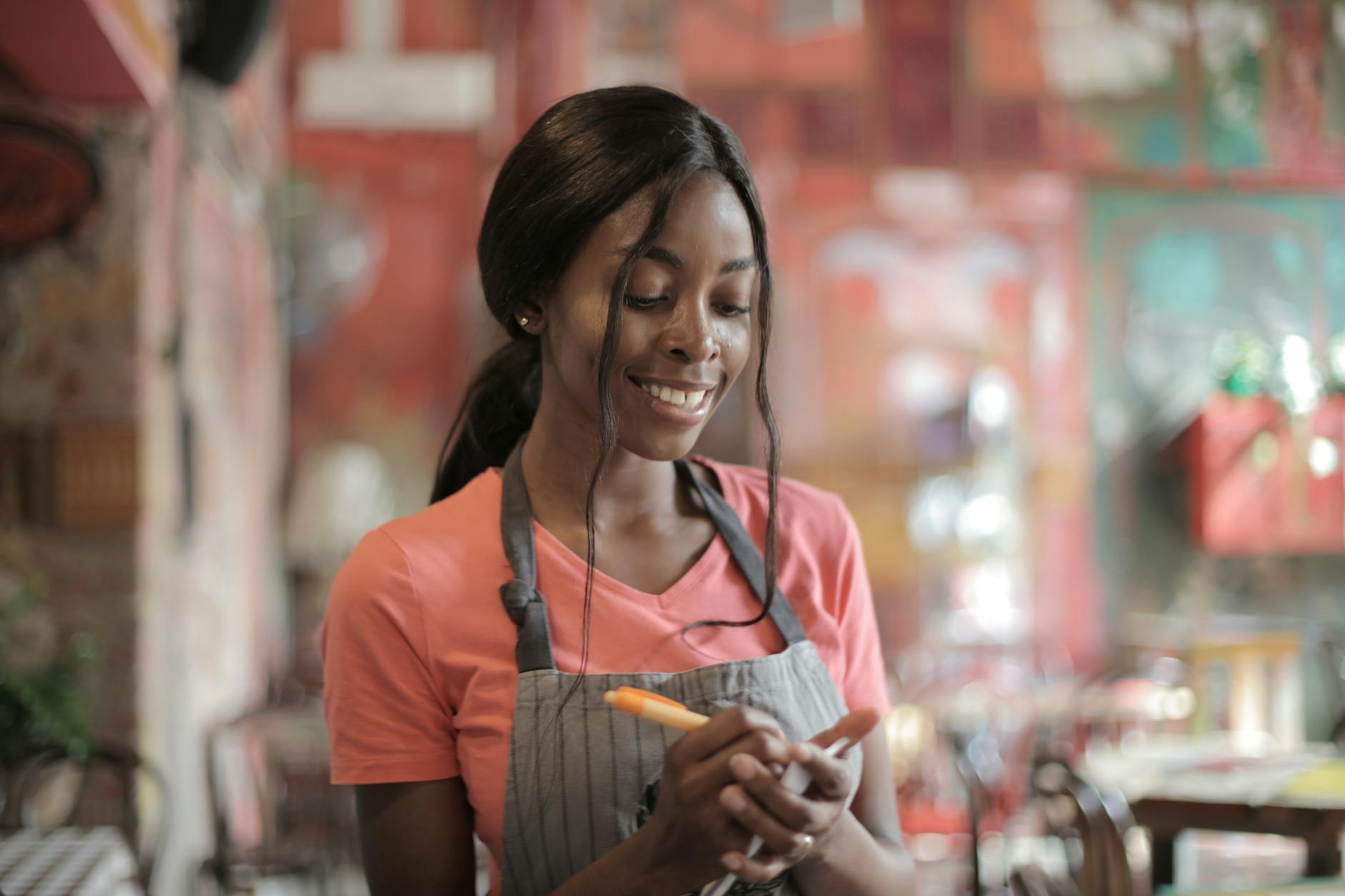How to Choose an Eco-Friendly Logistics Partner in Australia

Assessing Eco Credentials
Check Sustainability Certifications
When selecting a logistics partner, understanding their commitment to sustainability is crucial. First, it's important to verify if they hold any relevant sustainability certifications, such as ISO 14001, which focuses on effective environmental management systems. These certifications can serve as a trust signal, showcasing a dedication to eco-conscious operations. Beyond certification, explore their environmental footprint to gauge their genuine efforts. I recommend digging into their practices and looking for evidence that demonstrates their commitment to sustainability.
Evaluate Green Practices
The heart of a sustainable logistics partner lies in their green practices. Look for a 3PL warehouse that integrates renewable energy solutions, like solar panels, into its operations. Ask about their waste management systems and how they minimise landfill contributions. Do they prioritise electric or hybrid vehicles? Incorporating these eco-friendly measures can significantly reduce the environmental impact of logistics. Such practices could highlight a proactive approach to sustainability, aligning with the values of any eco-conscious business.
Review Environmental Policies
Perusing published environmental policies can provide insight into the logistics partner's commitment to preserving 3PL services that align with sustainable aims. Consider how they incorporate these policies into their everyday operations and whether they support broader initiatives, such as reducing carbon emissions. Understanding how these logistics providers position themselves with respect to environmental responsibility offers a wider perspective on their long-term sustainability strategy, similar to what you'd appreciate when browsing the eco-friendly stalls at the Queen Victoria Market.
Logistics Capabilities
Assess Service Flexibility
When it comes to selecting an eco-conscious logistics partner, their service flexibility is key to ensuring smooth operations. A flexible partner can adapt to specific needs and adjust for seasonal variation or unexpected hikes in demand. For instance, integrating pick packing services can not only streamline the logistics chain but also contribute to a sustainable approach by minimising waste through efficient material usage. Reflecting the spirit of flexibility are the eco-friendly stalls at the Queen Victoria Market, where sustainability meets diverse consumer demands.
Analyze Regional Coverage
The geographical reach of your logistics partner determines how effectively you can serve your customer base across Australia. Opt for partners with comprehensive regional coverage that aligns with your target markets. Consider partners with networks stretching beyond metropolitan areas, similar to how the green spaces of the Royal Botanic Gardens provide oxygen to urban Melbourne while connecting communities.
Evaluate Technology Use
In the era of rapid technological advancement, embracing innovative solutions is crucial for sustainable ecommerce logistics. A tech-savvy logistics partner utilises systems like real-time tracking, automated inventory management, and energy-efficient routing, paving the way for more efficient and environmentally friendly logistics operations. These technologies can empower businesses to reduce carbon footprints without compromising service quality.
Selecting a logistics partner that excels in these areas aligns closely with pursuing eco-conscious business strategies, making your efforts sustainable both now and into the future.
Aligning Values
Share Your Sustainability Goals
When aiming to align with an eco-conscious logistics partner, it's vital first to communicate your sustainability goals. Consider your objectives, such as reducing carbon footprint or embracing renewable resources, and ensure your potential partner understands and shares these ambitions. To foster an authentic relationship, discuss how your logistics partner can integrate eco-friendly practices similar to those seen in the green spaces of the Royal Botanic Gardens. This dialogue helps ensure their operations are a genuine extension of your brand's environmental ethos.
Discuss Ethical Transparency
Discussing ethical transparency with potential 3PL providers like 3PL warehouse Sydney is essential for maintaining operational integrity. Involve yourself in understanding their sourcing practices, labour conditions, and environmental impact strategies. It's crucial for your partner to openly share their methods, demonstrating accountability and a commitment to reducing ecological harm. This can parallel the transparency found in the eco-friendly stalls of the Queen Victoria Market, where authenticity and ethical accountability are clear.
Ensure Cultural Fit
Ensuring a cultural fit with your logistics partner can significantly impact the success of your collaboration. Choose a provider whose values echo the principles of sustainable design stores on Brunswick Street. Look for signs that their business culture naturally complements your eco-minded objectives. A true cultural alignment ensures your partner's motivations resonate with your own, ultimately fostering a unified effort towards achieving sustainability. Consider partners that are already integrated into the local ecological community, like those offering third party logistics services who prioritise environmental consciousness.
Practical Considerations
Understand Communication Channels
A smooth partnership with any logistics company, especially in the realm of 3PL logistics, calls for crystal-clear communication. It's important to familiarise yourself with your potential 3PL partner’s preferred communication channels and response times. Whether it's through emails, phone calls, or dedicated platforms, reliable and open communication ensures streamlined operations and quick resolutions to any issues.
Assess Customer Support Quality
The level of customer support can play a significant role in maintaining effective logistics operations. Focus on the responsiveness and helpfulness of a 3PL's support team. Whether handling a delivery concern or a shipping enquiry, high-quality customer support provides reassurance and aids in maintaining your business momentum. Discussing this with potential partners can indicate their commitment to supporting your eco-conscious business strategies.
Evaluate Reliability and Track Record
Before finalising any logistics partner, you need to examine their track record for consistency and dependability. Reviews, testimonials, and case studies can provide insights into their reliability. Ensure that any 3PL Sydney provider you consider has a history of delivering on promises and maintaining high standards. Opt for partners who are not only familiar with sustainable operations but also align closely with your values concerning ethical practices. Understanding both historical performance and current reliability can offer a clearer picture of their potential to positively impact your commitment to sustainable practices.
Avoiding Common Pitfalls
Look Beyond the Surface
When evaluating potential logistics partners, it's alarming how easy it is to fall into the trap of ignoring hidden practices. Many companies claim to be eco-friendly, but not all live up to the standards you'd expect from the Queen Victoria Market's eco-friendly stalls. Always dig deeper into their operations to understand whether they genuinely embrace sustainable practices. This could include checking if their facilities incorporate renewable energy or if they have a comprehensive waste management strategy.
Valuing Local Insights
Another common oversight is the underestimation of local expertise. Working with partners familiar with Australian logistics landscapes is crucial. Their intricate knowledge is comparable to the unique insights one might gain from the sustainable design shops on Brunswick Street. Localisation ensures that strategies align well with environmental and community considerations, ultimately supporting more effective operations.
Balancing Cost with Sustainability
It's easy to let cost become the dominant denominator, especially when pressured by budgets, but focusing solely on cost could lead to unsustainable choices in the long run. Opt instead for an approach that prioritises value - it's akin to nurturing the green spaces of the Royal Botanic Gardens, where the benefits of sustainability extend well beyond the initial investment. Compare logistics partners based on their environmentally mindful practices and the long-term sustainability value they promise.
By keeping these nuances in mind, you’ll foster a logistics partnership that harmoniously aligns with an eco-conscious lifestyle.


